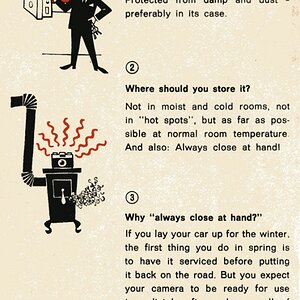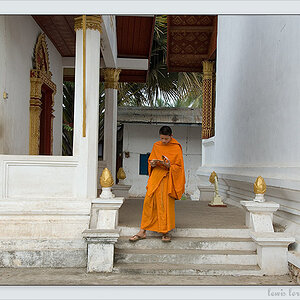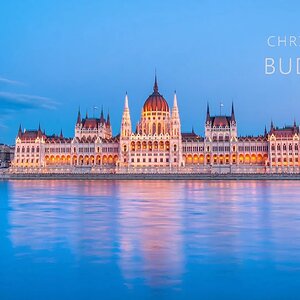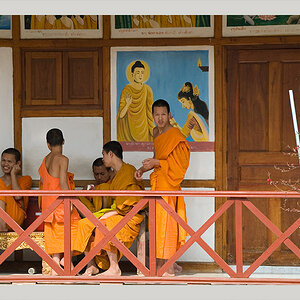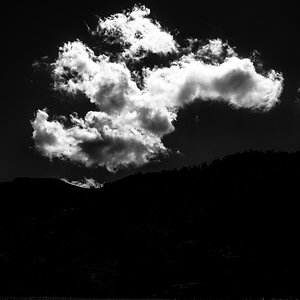TakenAptly
TPF Noob!
- Joined
- Sep 18, 2009
- Messages
- 32
- Reaction score
- 0
- Location
- Texas, USA
- Can others edit my Photos
- Photos NOT OK to edit
But HDR and more intensified editing techniques is just not pure photography.)
HDR has been around since the 1930s. It is photography.
I apologize. I'm new to photography and I was out of line talking about something I do not know very much about. Thanks for correcting me.
Still the same, I do think there is a point where editing becomes digital art and less about photography. I think there has to be a line somewhere, I don't know where, but it's there.



![[No title]](/data/xfmg/thumbnail/31/31045-f4eb92f5d5eaca89ec5966763eea2dae.jpg?1619734585)
![[No title]](/data/xfmg/thumbnail/33/33341-3a6934b6cdb015b5acf31087acdcd278.jpg?1619735910)
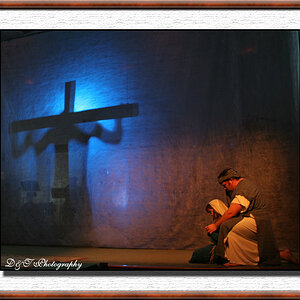
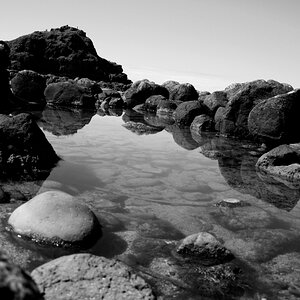

![[No title]](/data/xfmg/thumbnail/31/31743-3b294ee78fc71e7bfc025b01eafb0c2d.jpg?1619734986)

